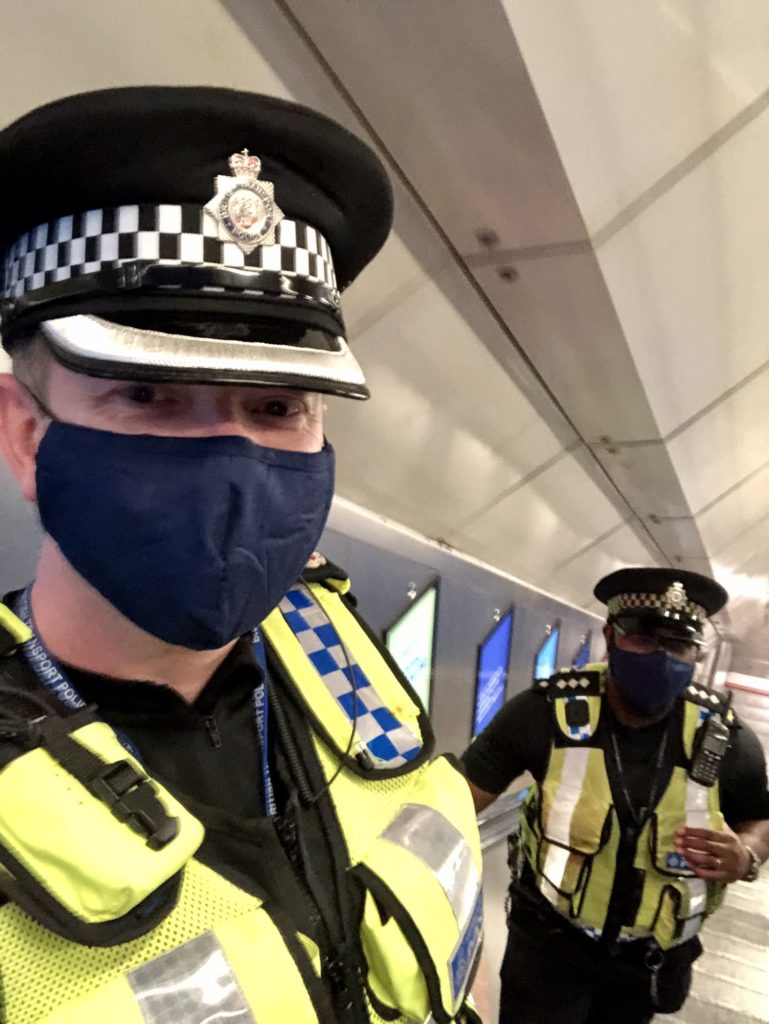From time to time, people quote an ‘old Chinese saying’ that goes: “May you live in interesting times.” It’s phrased as a curse rather than a blessing, implying that interesting times are not good ones.
The odd thing is, it’s an old Chinese saying that Chinese people have never heard of.
In any case, we are certainly living in interesting times today. Seven months ago, who would have believed that we would all be wearing facemasks, would cross the road to avoid getting too close to people, would (in the main) avoid pubs and restaurants and would have the cleanest hands the world has ever seen?
COVID-19 is still here and is likely to remain with us for months more, at the very least. We need to cope with it, and most people have been doing a great job of that. Hospital admissions are down, deaths are down and the lockdown has started to ease.

However, that very easing encouraged some into reckless behaviour. Relieved to be free of the onerous restrictions, we saw crowds on the beaches, litter covering our beauty spots, the police breaking up illegal raves and thousands dashing off to Spain for a holiday.
But it was a false dawn. Infection rates went back up again, not to where they had been, but enough for some restrictions to be reintroduced. Holiday-makers would have to quarantine themselves on return or cut their holidays short, ravers and party organisers could be fined up to £10,000 and those of us who had returned to the office found themselves back working from home again.
This attitude has not been helped by the difference of opinion between the medical and scientific community, which promotes wearing face coverings, keeping one’s distance and not going anywhere that isn’t essential, and some influencers and leaders (or wannabes) who say it’s all a con, Covid isn’t as bad as flu, there is no need for facemasks and they don’t work anyway.
I know which I prefer to believe.
But the confusion has brought the British Transport Police onto the network in greater evidence. The rules are simple – unless excused on medial grounds, or under the age of 12, you must wear a face covering on trains and when passing through stations. The message couldn’t be clearer. Still, there are always people who think they know better, and that’s what the fines are for (now up to £200 for a first offence).
The lack of clarity has its part to play. The four countries which make up the United Kingdom all have slightly different rules, introduced at different times, which hasn’t made the situation easier. But the overall message is the same – wear a mask, keep your distance, stay safe.
The railway reflects the population as a whole. Vast numbers of people now work from home where they can. Those who can’t, who work on the infrastructure or on the trains, are taking special precautions and coming to terms with wearing masks and gloves and stepping away from people.
Those who work in retail and hospitality in our stations have the same problems as their colleagues on the high street, with continuing uncertainty about jobs and the future.
Train ridership is back to around 30 per cent of pre-COVID levels. That won’t increase much for a while, but railway planning is long-term, so what will happen in five years’ time? It will be interesting to find out.

